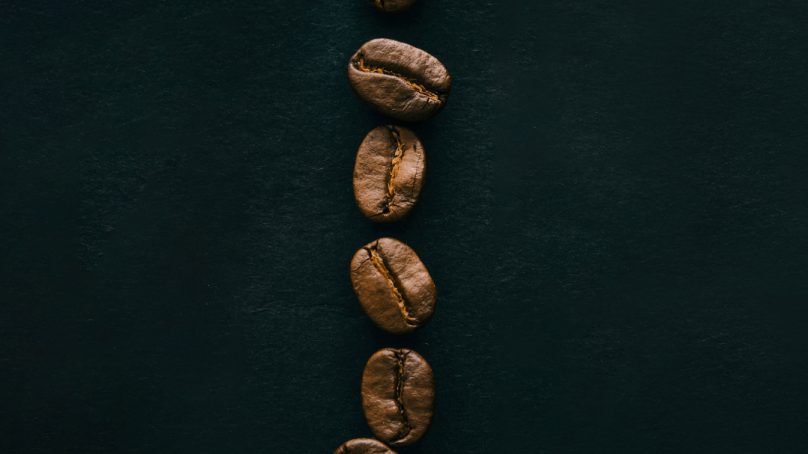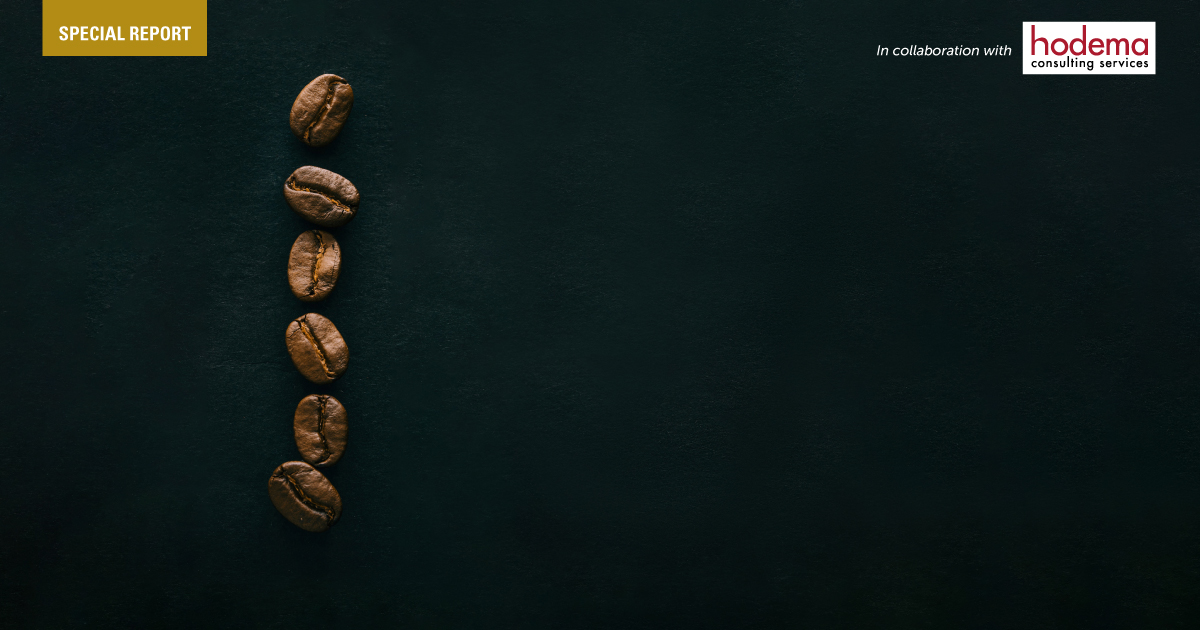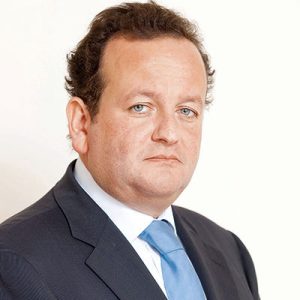With a narrative now as essential as a cup and spoon, the world of coffee is changing. Nagi Morkos, managing partner at Hodema consulting services, delves into the market.
The word on everyone’s lips is “specialty coffee,” and it’s triggering a war in the industry. On the one hand, there are the “traditionalists,” who serve the usual suspects — from the timeless espresso to the canonical latte — and order beans in high volumes. These outlets — of which many were initially independent concepts — have progressively succumbed to big chains taking over the business. Customers have subsequently been exposed to a wide variety of coffees and new ways of drinking them, with Starbucks leading the way for the last 20 years. But now a new crowd is emerging, and they want to know how their coffee is brewed, as well as where, how and by whom the bean was grown. Cafe owners have recently understood that their coffees need a narrative: that the cup of java needs to tell a story, have ethics and create a community. They order lower volumes of higher quality beans. Arabica, Typica and Bourbon are the new terminologies when ordering your takeaway morning brew. Here’s an overview of the main names in the game, both globally and regionally.
First-wave traditional coffee
Lavazza
Probably the oldest company on the market, the Italian brand created in 1895 still has the upper hand on the coffee bean industry. It owns coffee shops and also sells coffee beans to stores and cafes in 90 countries. The emblematic trademark embodies the tradition shaken up by specialty coffee.
Second-wave flavored coffee
Starbucks Coffee
The American giant is the first brand that standardized the offering of our local joint and now runs an empire of about 30,000 outlets in 70 countries. It has dozens of types of coffee: black, flavored, hot, iced, with cream, etc. Specialty coffee experts don’t accept the brand in the club, since Starbucks advertises general flavors and doesn’t specify the origin and age of the beans.
Dunkin
With more than 12,000 outlets worldwide, the popular brand has made the donut a regular snack fixture outside the US. It also serves all types of black and flavored coffees.
Costa Coffee
It’s the UK’s version of Starbucks, with about 3,500 outlets. The brand’s success is also due to its vending machines in shops and petrol stations. It made the headlines in 2017 by delivering coffee to customers in Dubai by drones.
Tim Hortons: Burger King
Although mostly known to Canadians and Americans, the brand boasts 4,600 outlets in nine countries. Created by famed ice hockey player Miles Gilbert ‘Tim’ Horton, it was bought in 2014 by Burker King. Like Starbucks and Costa, it offers coffee in multiple flavors and sizes.
Luckin
Here’s one to watch, and it’s coming from China. Created in 2017, the firm has more than 4,500 branches. Interestingly, it was hit by a massive scandal earlier this year and fined for faking millions of transactions.
Cilantro
Egypt’s first and leading homegrown Western style coffee shop chain offers gourmet coffee as well as the classic mix of beverages. Its 85 branches are all located
in Egypt.
Café Suprême
The Canadian-born brand was imported into Egypt in 2007 by the Kawass family, who runs currently 34 outlets across the country.
Their menu offers Western types of coffee and dishes.
Cupagahwa
The UAE-born brand offers a wide range of coffees and teas. It has an ambitious expansion plan, with 200 new branches planned in the region.
Café Younes
The classic Lebanese hallmark has nine shops across the country. Through its other brand Black Coffee, it also runs two other branches in Beirut and one in Dubai.
Third-wave specialty coffee
Blue Bottle Coffee
This California label is not on our list because of its size, but due to the fact it promotes specialty coffee. Partly owned by Nestlé since 2017, the brand focuses on single-origin beans. It has opened branches in the US’s main cities, as well as in South Korea, Japan and Hong Kong.
Department of Coffee and Social Affairs
The London-born brand started in 2010 and has since built its reputation on sourcing single estate coffee beans from Rwanda, Kenya, Ethiopia, Zambia, Colombia, and Guatemala. It advertises its coffee as a “craft” and focuses its efforts on customer experiences.
Partisan Cafe Artisanal
This Parisian specialty coffee shop is equipped with an on-site roasting machine, and they sell the beans directly. The brand’s partnership with famed local bakeries makes the place even more popular.
Cuillier
This well-established French artisanal shop offers carefully selected roasted beans. The coffee is grown by small producers and changes according to the seasons.
Jago
The Indonesia-born concept is the most original of all. A tech-oriented mobile cafe chain, it enables aspiring entrepreneurs to join the specialty coffee business. Coffee can be delivered to your doorstep by bike, and they work directly with coffee farms.
Jolt
The Kuwaiti label has decided to focus on specialty coffee with single origin beans. It serves classic brews but also multi-flavored lattes and has a “Brew Bar.” It runs currently nine outlets in KSA as well as seasonal pop-ups in Tantoura, and it is expanding
into London.
Backburner
Backburner is a specialty coffee shop serving artisanal coffee in Lebanon and Kuwait. They import freshly roasted espresso beans, and their food menu is made in partnership with local bakers. They also have a retail corner selling beans and accessories.
Sip
Based in Beirut, the company puts the spotlight on specialty coffee with traceable origins. Its brand identity is community oriented.
Bafarat
The Saudi-born label is probably the only specialty coffee brand specializing in Arabic coffee. It is involved in harvesting and processing, and focuses on direct sourcing from traders. It has one outlet in Jeddah and another one in London.
Pandemic
With one branch only in Riyadh, the brand offers a brew bar and a large range of specialty coffees. It also boasts a nightclub vibe thanks to its DJ.
Caffeine Lab
Located in Jeddah, the label is famous for its roasting machine, which clients can observe while drinking specialty coffee. The establishment also offers coffee-making classes and sells specialized tools and accessories for those who wish to try making their own coffee at home.

















